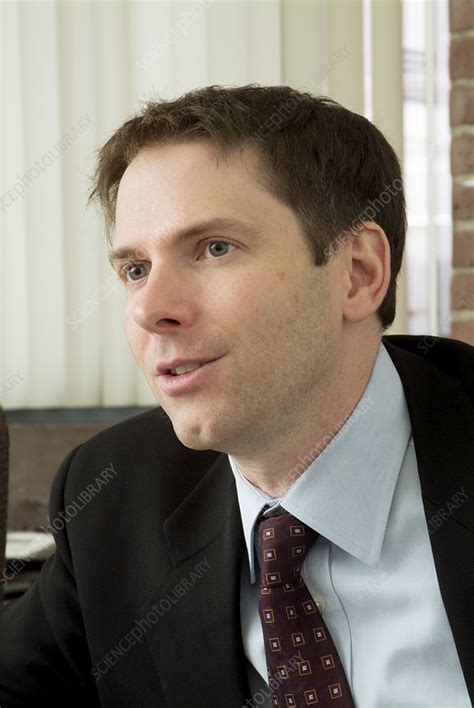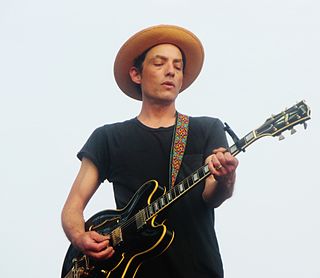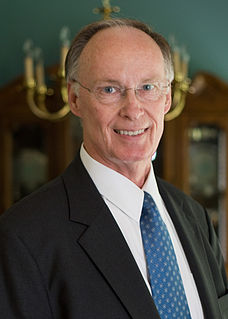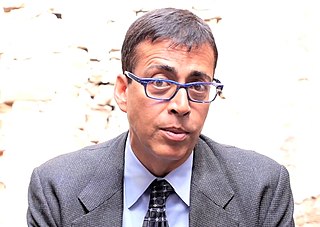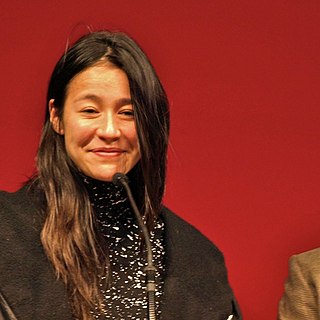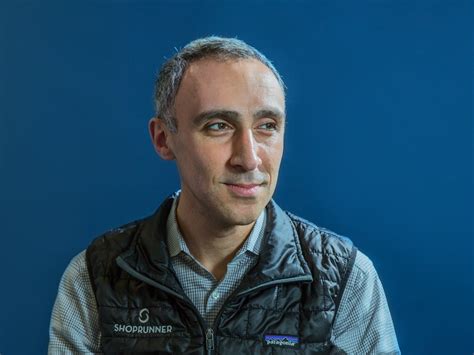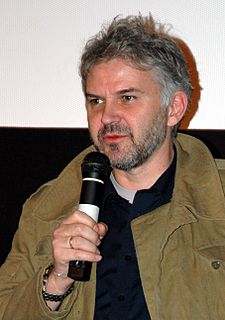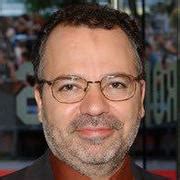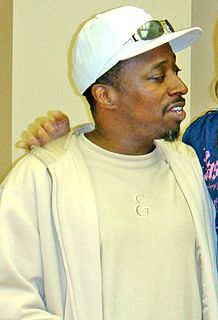A Quote by James Heywood
If you think you can just go out and ask all the doctors in the world about what the did to all the patients and you think we can connect that into something useful, go talk to someone who has done that because we can't.
Related Quotes
I think it's somewhere in my head, in my travel space, and it just comes out. It's a visual thing that happens unintentionally. People will tell me, "You do realize you just spoke with that accent, right?" And I'll go, "Oh, did I?" So it's not something I think about. As we talk, I have a visual about my speech and it just comes out like that. If that makes any sense!
I'm talking about the '60s really. People go interview these guys and ask them, "Do you still think music can change the world?" I mean, go talk to Graham Nash about that. What's he going to tell you? Ask David Crosby. These guys are still out there. They're playing their hits at Staples Center and those are really valuable songs. I'm talking about a couple of the guys who got knee-deep into really believing music had a great service beyond radio. I believe it did. And I think a lot of those songs are great.
We sometimes think that the best doctors are the ones who have the most specialized knowledge or the fanciest degrees, but in fact, study upon study, including one published in the 'New England Journal of Medicine,' show that the best doctors are the ones who also know how to connect with their patients.
I think that any sort of hindsight, especially in this wrestling industry, is a waste of time, and time is extremely valuable. I don't control that. People ask me to do something, and it is our job, as entertainers, to do the best that we can to accomplish that goal. What I get upset about in this business is that so many people talk about the "what if," instead of the "what is." The "what is" is more important. If someone were to go back 15 years and say, "You should have done this," it's too late. I was told to do "X," and I was trying to do "X" the best way that I could.
As a reader, when the writer gets sentimental, you drift, because there's something fishy going on there. You recognize a moment that's largely about the writer and the writer's own need to believe in something that might not in fact exist. As a reader, you think, 'Where did the story go? Where did the person I'm reading about go?'
For someone like MC Ren, who is still alive and I can go talk to, that's more of a niche challenge because I do have to match his energy, and I do have to pay homage to who he is as a person, but that just comes with research. And the difference there is I can do the research there right on the spot. I can just go ask him.
I had to first convince them [prostitutes] that I wasn't a journalist who would yet again put out a notion about them they wouldn't necessarily care for or who would victimize them. You know, journalists come and go. If they come twice, it's a lot. But I come 10 times and hang out with them and share stuff. If you connect with someone just once, that's something. But if you can connect twice, that's something else.
If I have a rare Saturday night when I can go out to see a movie, I look at the paper and I go, 'Hmm, what's the best medicine for my mind?' I'm going, 'What's the most escapist, fun entertainment I can go to?' So I think that's number one, first and foremost, because that's why I think people go to movies. It's a bonus that there's something real.
